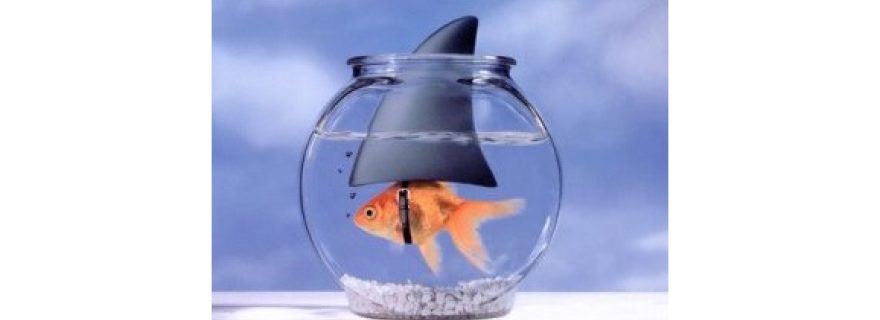On sabbatical
“Enjoying your vacation?”, my friends and relations ask me, knowing I’m ‘on sabbatical’. At home the word sabbatical triggers a knowing grin; I’m working as much as ever. But my stress levels are lower, and I come back from work happy each day.
Work is completely different
For the past few months I’ve relocated to the NIAS, the Netherlands Institute for Advanced Study in the Humanities and Social Sciences, a younger sister of the famous NIAS in Princeton headed by Robbert Dijkgraaf. I still work hard, and work still tends to overflow into the evenings and weekends. But it does feel completely different. My diary is ‘empty’ most days; mails containing documents for meetings are swiftly deposited in my ‘View later’ folder; my out-of-office reply deters all but the most determined. Perfect. I’m not available at the moment.
Thinking big
At the NIAS, for the first time since I finished by doctoral thesis in 1991, I can do what I envisaged when I chose an academic career: actually reading a book or article rather than merely looking up the reference; talking to colleagues from other disciplines and hearing their perspectives on the subjects I’m working on; and above all, devoting a whole day, sometimes even a whole week to the concentrated study of one subject. ‘Thinking big.’ And really getting somewhere. I’d almost forgotten what it felt like, and how important it is if you’re going to do a good job.
Focus and meaning
In the day-to-day reality of university life, this is virtually impossible. The much lamented profit mentality is partly to blame, of course. And the administrative burdens of teaching, the endless succession of planning and accountability cycles, the complex organization of activities in a discipline such as psychology that attracts large numbers of students – none of these make it any easier to focus on matters of substance. So before you know it you find your days filled with replying to emails and reading documents for meetings. Not exactly inspiring, on the whole, especially as you are only answering other people’s questions or responding to their requests.
Preserving a sense of substance
Distancing yourself from it all for a while helps you to take a critical look at what is really important for you, what goals you want to achieve. The major challenge, of course, is how to preserve this sense of substance once you return to your normal working situation. How can you prevent yourself lapsing into your old habits? By staying on the sidelines just a little bit longer. By asking yourself and others niggling questions such as: “Why are we doing this, actually?”, or “Is this really the best way to go about it?”. If people with a proven track record ask these kinds of questions there is a good chance they will be listened to, our research The many ways to be marginal in a group shows.
The summer gives everyone an opportunity to slow down and reflect, even if they aren’t on sabbatical. The challenge is to make the most of that opportunity.
Enjoy your vacation!





